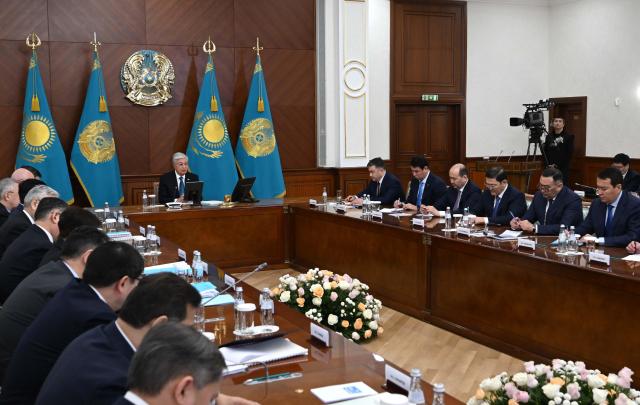
[Arthur I. Cyr]
KENOSHA -- President Biden’s four-day visit to Northern Ireland and the Republic of Ireland, which began on April 11, has provided overall opportunity to highlight our important, and complex, relationships with both Ireland and Britain. These ties span significant economic, military security, and above all historical dimensions.
Northern Ireland is geographically part of the island of Ireland, but under the sovereignty of Britain. Together with England, Scotland and Wales, these regions comprise the United Kingdom. The majority of Northern Ireland’s population is Protestant, while Ireland is overwhelmingly Catholic.
Ireland overall was under British rule until 1921. Independence relieved considerable political pressure, but Northern Ireland has remained a source of tension and -- periodically -- violence. United States leaders have been influential in efforts to broker and maintain peace, over many years.
Former Senator George Mitchell (D-ME) was central to the successful peace negotiations. On St. Patrick’s Day in 1977, Senators Ted Kennedy (D-MA) and Pat Moynihan (D-NY) joined with fellow Democrats Governor Hugh Carey of New York and U.S. House Speaker Tip O'Neill from Massachusetts in urging Irish-Americans and others to stop sending money to violent groups.
Biden’s successful trip has reflected both these political and more personal dimensions. The President addressed an enormous audience at a cathedral in County Mayo, where his family has strong roots. "Over the years," he said, "stories of this place have become part of my soul, part of my family lore." During a visit to Knock Shrine, Biden had the opportunity to talk with former U.S. Army Chaplain Fr. Frank O'Grady, who gave last rites to his late son Beau Biden.
Former President Bill Clinton arrived on April 14 for celebrations marking the twenty-fifth anniversary of the Good Friday Agreement, also known as the Belfast Agreement, that ended the sectarian violence that had plagued the territory -- and both Ireland and Britain -- from the late 1960s.
The understanding, actually two agreements, signed on April 10, 1998, involved the details of power-sharing among Northern Ireland’s political parties and also the governments of Britain and Ireland. Despite challenges and occasional crises, this historic peace accord overall has been held. President Biden made a point of visiting with five leaders from the main political parties of Northern Ireland.
Events related to Northern Ireland reach well beyond the province. Britain after a long ordeal implemented Brexit, departing the European Union (EU). Ireland remains a staunch EU member. Britain is a military power within NATO (North Atlantic Treaty Organization), while Ireland is a neutral nation.
Wider relationships may prove crucial. The G8 (Group of Eight) nations held a summit in Northern Ireland in June 2013. Members emphasized economic cooperation. The venue selected also underscored progress toward peace.
The Northern Ireland summit also reconfirmed commitment to wider strategic cooperation. The participants agreed to work to ensure negotiations to end the Syrian civil war became an urgent priority.
Britain and the U.S. are historically close military partners. Such alliance began in World War I and became close, vital, and lasting during World War II.
Intelligence operations were important in both wars, and were the initial source of cooperation in the second war, which evolved into our continuing Special Relationship. Current developments in Europe provide sound reasons to reemphasize this cooperation.
Both Britain and Ireland are closely tied to the U.S. in the most human dimension of international relations, immigration. President Biden and former President Clinton have done a fine job of reinforcing these relationships.
Copyright ⓒ Aju Press All rights reserved.





View more comments